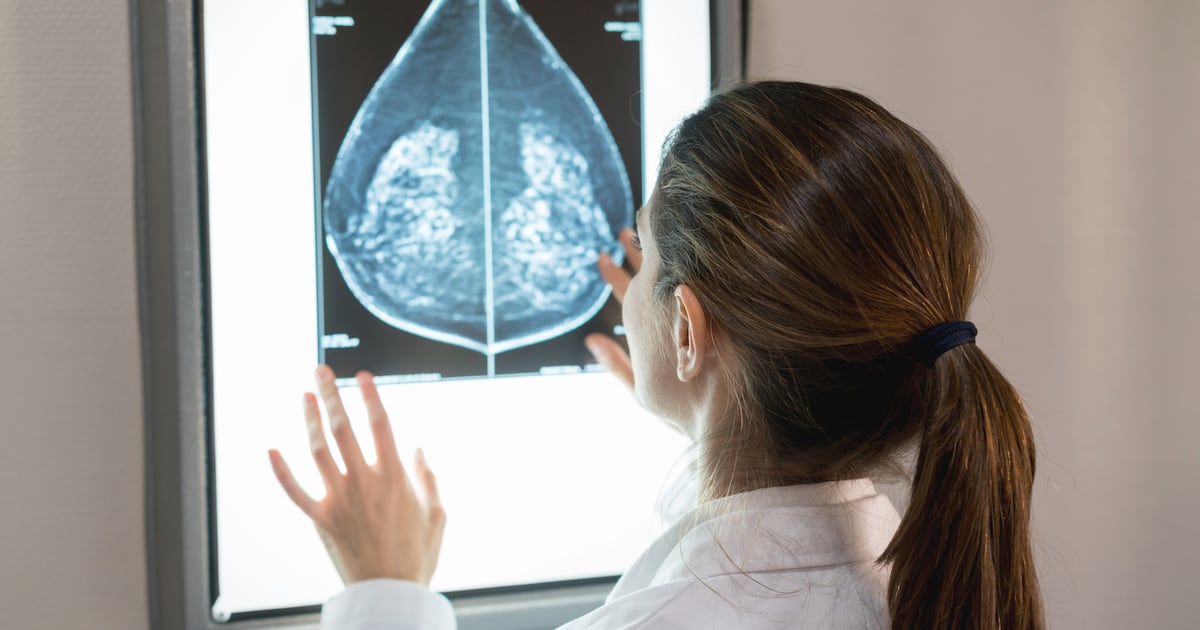This question is addressed by Prof Anne-Marie O’Dwyer in her book, The Cancer Guide. “Cancer forces people to stare their own mortality in the face … People feel vulnerable, afraid and uncertain. For many people, this sense of uncertainty moves to the back of their mind (after treatment) … However, there are some who just cannot take their eyes away from that metaphorical sword”, she writes.
A recent piece of research, accompanying editorial and a linked commentary in the British Medical Journal, addressed the issue of cancer recurrence in a constructive and patient-friendly way.
Researchers from the University of Oxford carried out a comprehensive population-based analysis of second primary cancers in more than 475,000 women with early invasive breast cancer diagnosed in England between 1993 and 2016. The research contributes valuable evidence to help clinicians and breast cancer survivors to understand the risk of second primary cancers in context.
Key strengths of the study include the long follow-up period and the clear communication of findings as absolute risks. The authors estimate that, 20 years after breast cancer diagnosis, about 14 in 100 survivors will develop a nonbreast second primary cancer, compared with about 12 in 100 women in the general population – an excess risk of about 2 per cent.
Similarly, about six in 100 survivors will develop a second breast cancer in the other breast, compared with three in 100 in the general population – an excess risk of roughly 3 per cent.
Cancer treatments have long been recognised as potentially contributing to the development of second cancers and have been a source of worry for patients. However, the paper found that treatment was estimated to account for only about 2 per cent of all observed second cancers.
A particularly important finding of the study was that cancer of the opposite breast accounted for most of the absolute excess risk, particularly among younger women. Risk estimates from previous studies have been inconsistent, so the size and quality of this latest research is an important step forward. The researchers say this information can help reassure many breast cancer survivors who believe their risk of a second primary cancer is much higher than these results suggest.
[ Breast cancer patients diagnosed early face low risk of developing second cancer, new research saysOpens in new window ]
A linked commentary written by two breast cancer survivors is particularly helpful. “Patients with early breast cancer often have concerns about their risk of a second cancer following treatment,” they write.
“In the years since our cancer diagnoses and treatment, we have found ourselves asking questions about our future risks from breast cancer and also from diseases that might be related to our history of breast cancer and the treatment we received. We would have welcomed more detailed information from clinicians on these risks.
“Finding detailed information on the risks of second cancers after breast cancer was particularly difficult,” they say. “We know from our discussions with friends and family members that many people believe that a diagnosis of breast cancer means that a patient is ‘cancer prone’ and therefore may be likely to develop a different cancer. We now know that this is not the case. When our breast cancer was first diagnosed, our overriding thought was on survival. The possibility of developing a second cancer began to worry us more as time went on.”
In a telling comment on long-term treatment risks, one of the patient authors says she believed that “radiotherapy would increase my risk of lung cancer, but this risk is actually less than 1 per cent. If we were talking to someone recommended to have radiotherapy or drug treatments for early breast cancer now, we could reassure them about future second cancer risks.”
The latest research fills an important gap and, by including the views of the patient authors, the BMJ has produced a lay-person-friendly package that will significantly help those who face a future “sword of Damocles” experience.
mhouston@irishtimes.com
